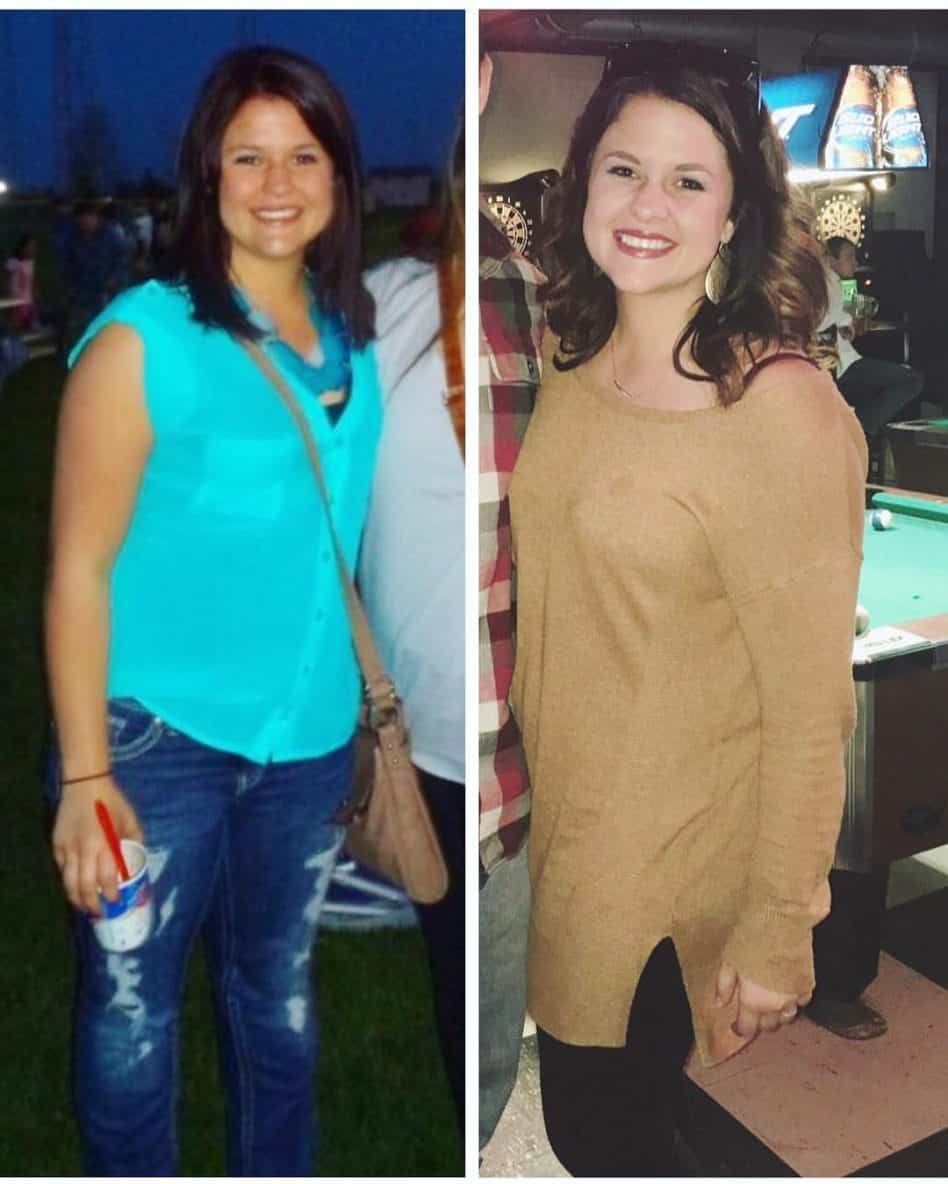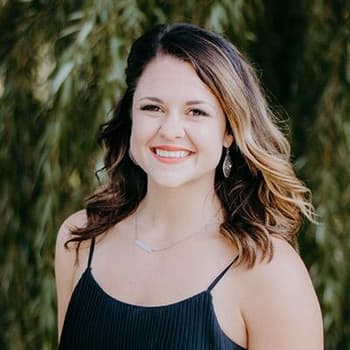Beth thought she’d found the cure for anxiety when she began drinking in college, but her alcohol use quickly spiraled out of control. Learn about the path that led her toward recovery.
A little over four years ago, I couldn’t imagine my life without alcohol. Today, I can’t imagine it without sobriety.
Here’s My Recovery Story
As I’d done many times in the past, I woke up in my sophomore dorm room one Sunday morning and began to retrace my steps from the night before. I took in my surroundings. Where was my purse? My phone? My dignity? I’d misplaced them all the previous night — one I hadlittle recollection of. I texted friends, trying to piece it together.
From what I could figure, I’d left the bar and gone home with a random guy. A friend had shown up at his house, pulled me from his bed and made me leave with her. I’d put up a fight, but I eventually went with her.
Upon realizing I had none of my belongings the next morning, my friend and I went back to this house. When we walked inside, I was greeted with the words, “Nice performance last night.” I cringed. I wondered what he meant, but I didn’t dare ask. Instead, I laughed and changed the subject, asking if my phone and purse were there by chance.
Treatment Can Be Life Changing. Reach out today.
Whether you are struggling with addiction, mental health or both, our expert team is here to guide you every step of the way. Don’t wait— reach out today to take the first step toward taking control of your life.

Four years later, I still have no idea what I said or did that night. I have no idea where my phone or my purse ended up. I have no idea who the random guy was. I haveno idea if I had sexwith him or simply hung out at his place. All I know is that this night remains one of my most shameful drinking experiences. However, it wasn’t the only one, and it certainly wasn’t the last one.
A Downward Spiral
I’d only begun drinking about a year and a half prior to this experience. I got drunk for the first time duringmy first week of collegeand quickly spiraled out of control. Drinking made sense to me. Itmade my anxiety quiet down, which was something I’d failed to figure out how to do for the majority of my life. It also made it easy to make friends. For the first time, I was able to let go of my rigid self-awareness and just be in the moment.
In addition to likinghow alcohol made me act, I loved how it made me feel physically. I lived for the way my body reacted when I’d take shots and feel a tingling sensationas the alcohol set in. It was exciting, and I never knew what the night had in store when I would drink. When the alcohol hit, it was as if I could let out a big breath I didn’t even know I’d been holding. It was freeing for me.
Before I knew it, I was planning my life around drinking. I lived for the weekends, when I knew I had a few days to drink with my friends andhave it be acceptable. I looked forward to Fridays and Saturdays all week, as I considered those the days I was “allowed” to drink. Before long, though, I began drinking on other days as well. I could always come up with a reason if I tried hard enough.
Through all of this, I maintained a 3.7 GPA, played a sport, was involved with the school newspaper and held a job. Because Iwas able to remain successfulin these areas of my life, it didn’t even cross my mind that my drinking could be problematic. If anyone implied it was, I simply froze them out and continued on with my lifestyle.
And people did imply that it was. There were numerous instances where friendstried to talk to me about the way I drankand how often I did it. My parents also expressed concerns, and even one of my professors made the comment that I seemed different than I’d been the previous semester. Theeffects of alcoholwere slowly seeping into all my relationships and all aspects of my life, and truthfully, I just didn’t care. As long as I could keep drinking, I was content.
Hitting Rock Bottom
My rock bottom came on a night that started out like all my other drinking nights. Before going out with friends, I drank a little on my own. This had become part of the routine for me. When I got to my friend’s house, I drank more and smoked some hookah.
After this, I have no recollection of the night. I’m told I went to the bar and somehow got in, even though I was underage. There, a random guy no one knew bought me shots. When the bar closed, friends tried to get me to go home with them but I refused, insisting on walking home myself. I must have gotten turned around somehow, because the police found me passed out on the sidewalk nowhere near my apartment.
They breathalyzed me and found that my blood alcohol content was .34. They then brought me to the local hospital, where I fell asleep. When I awoke, the first thing I saw was both my parents in the room. I was disoriented and unaware of what had happened the night before, but I knew it couldn’t be anything good.
When I got discharged from the hospital later that morning, I still had a blood alcohol content of .16. The car ride with my parents was anything but pleasant. I was still drunk and I was mad at them, but I was mostly mad at myself for getting so carried away the night before. That level of drinking wasn’t new to me, but getting caught was.
Still, it never occurred to me that this would be the last time I drank.
Finding Recovery
That night in the hospital was the last straw for my parents. Shortly after arriving home with them, my mom started making calls totreatment centers. Because I was still living at home and had nowhere else to go, I had no choice but to cooperate and attend theoutpatient treatment programthey had put me in.
At this point, I still didn’t think I had a drinking problem. I told myself I would go to treatment, get through it then drink again. I wasn’t even 21 yet — there was no wayI could be an alcoholic.
However, as time passed and I went to treatment four times each week, my mindset began to shift. I started to realize that my life felt calmer and more stable without alcohol. I enjoyed waking up without hangovers and with no worries of what I’d done or said the night before. About one month into the two-month program, I began referring to myself as an alcoholic. I alsocame out on Facebookand told everyone what had been going on. I was scared about backlash, but all I received was support. It was at this point that I realized, “OK, I can do this. I can stay sober.”
I beganwriting about sobrietyand the struggles that came along with being sober so young. Writing helped me sort through my own emotions and make sense of them. In many ways, I credit writing for my continued sobriety.
Something else that has also helped me to stay sober for four years is being open and honest with the people in my life. I have always been very public and transparent about my drinking and my recovery. Some people may not understand this choice, but the majority of people are supportive of it. I find that sharing my experience has a way of holding me accountable and keeping me on track. Being so open about my own sobriety has also been helpful for others and has connected me with people going through the same things I’ve gone through.
Beth Leipholtz has been sober for over six years now. She enjoys sharing stories about her recovery journey on many popular online media outlets as well as on her own blog,Life to Be Continued.








